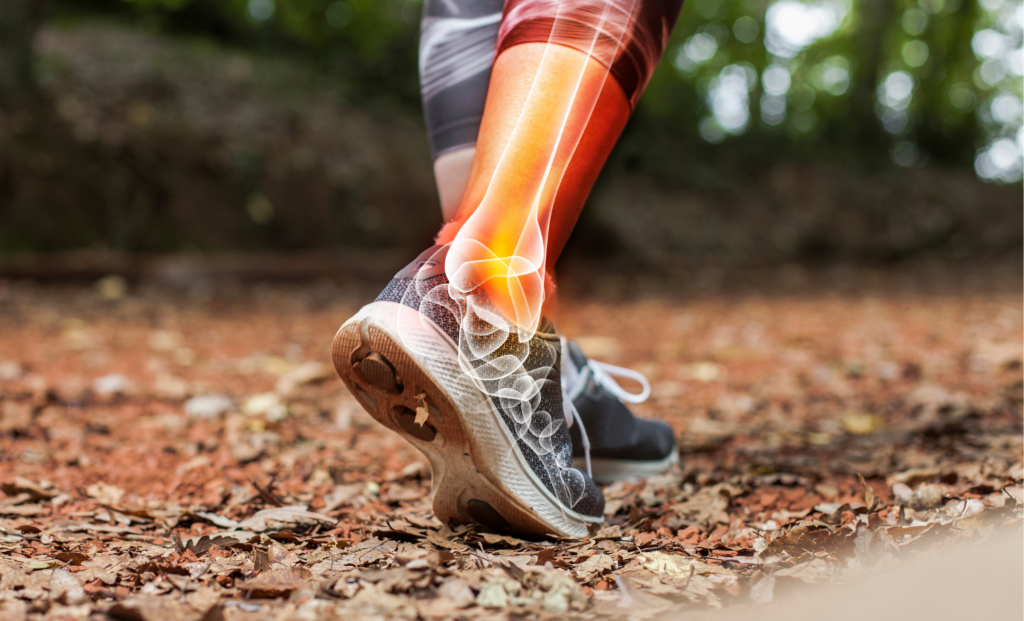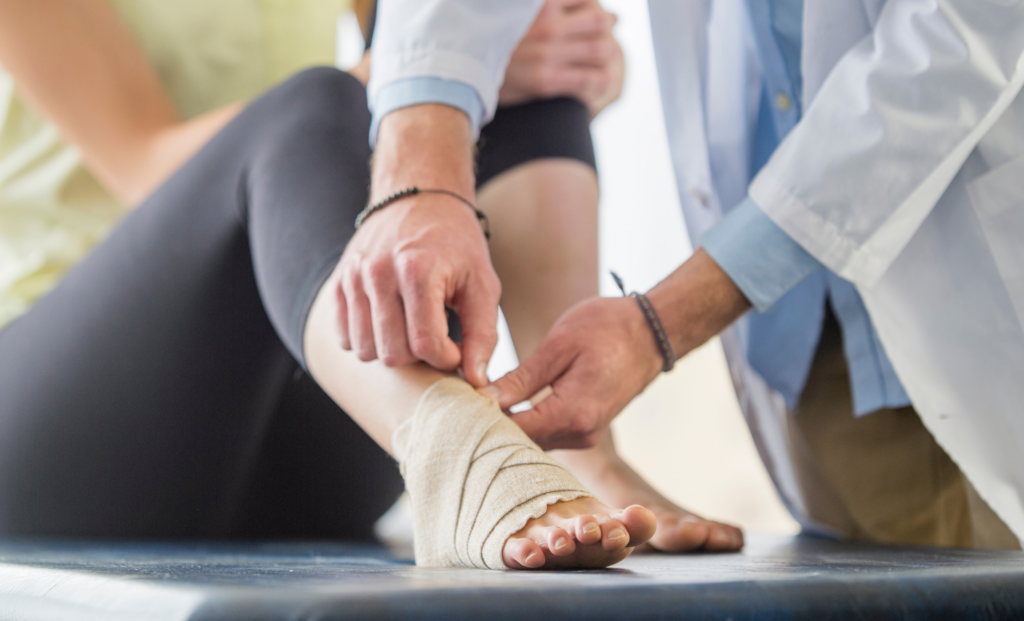As winter melts away and North Iowa bursts back to life, athletes of all ages head outdoors to make the most of longer days and warmer weather. Whether it’s a game of baseball, a brisk jog through the countryside, or your child’s return to soccer practice, spring is a season of renewed activity—and with it comes a sharp uptick in sports-related injuries.

At Mason City Clinic, our orthopedic and sports medicine specialists see a noticeable increase in injuries every spring. Understanding the most common issues—and how to prevent them—can help you or your child stay active and injury-free all season long.
Spring feels like a fresh start, but your body may still be stuck in winter mode. After months of reduced outdoor activity, your muscles, tendons, and joints can be tighter and weaker than you realize. Jumping too quickly into high-impact activities can easily lead to strains, sprains, and more serious injuries.
Common reasons spring sports injuries spike include:
Knowing these risks is the first step toward protecting yourself.
Our orthopedic team at Mason City Clinic treats a wide range of spring injuries every year, but some are particularly common in the spring months:
1. Ankle Sprains
Pivoting, jumping, and running on soft or uneven ground can easily lead to rolled ankles. Soccer, baseball, and track athletes are especially prone.
Prevention Tip: Strengthen your ankles with balance exercises like standing on one foot, and always warm up before vigorous activity.
2. Knee Injuries (ACL/Meniscus Tears)
Changing direction quickly or stopping suddenly—moves common in sports like soccer and basketball—puts major stress on the knee. ACL injuries are particularly serious and often require surgery.
Prevention Tip: Incorporate agility drills and core strengthening exercises into your workouts to improve knee stability.
3. Shin Splints
These painful, nagging injuries plague runners and anyone doing a lot of repetitive impact on hard surfaces.
Prevention Tip: Gradually build up your training intensity and ensure your shoes offer proper support for your arches.
4. Shoulder Injuries (Rotator Cuff Tears, Tendinitis)
Baseball and softball players, as well as tennis enthusiasts, often deal with shoulder strain. Overhead throwing motions can cause inflammation and tears over time.
Prevention Tip: Warm up thoroughly, strengthen your rotator cuff muscles, and avoid overuse by following a structured throwing program.
5. Stress Fractures
Small cracks in the bone from overuse—especially in the legs and feet—are common during spring training and sports seasons.
Prevention Tip: Listen to your body! If you notice persistent pain, especially during impact activities, take a break and seek evaluation.

Prevention is key to enjoying an active spring without interruptions. Here’s how you can protect yourself or your young athlete:
Despite your best efforts, injuries can happen. If you experience pain, swelling, or loss of function, don’t try to “tough it out.” Early diagnosis and treatment can make a huge difference in recovery time.
At Mason City Clinic, our team offers:
We treat athletes of all levels—from weekend warriors to competitive athletes—and we’re committed to helping you return to the activities you love as quickly and safely as possible.

The earlier you seek treatment, the better your outcome is likely to be.
North Iowa athletes trust Mason City Clinic’s orthopedic and sports medicine experts to help them prevent injuries, recover quickly, and stay at the top of their game.
If you or a loved one suffers a sports injury this spring, don’t wait. Contact our team today at 641-494-5200 or schedule an appointment online. Let’s make sure this spring is full of action, not setbacks!
Up-to-date. Down-to-earth. Close to home. Lots of great reasons to make Mason City Clinic
your first choice for all your family’s specialty healthcare needs.
250 S. Crescent Drive, Mason City, IA 50401
Tel: 641.494.5200
Toll Free: 800-622-1411
Fax: 641.494.5403